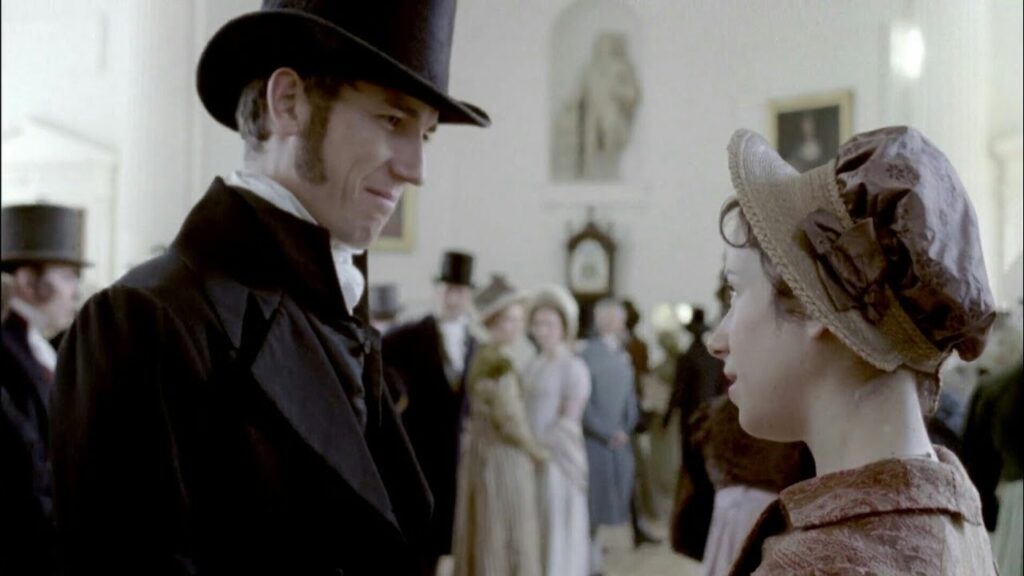Monday
Our visit to Slovenia—my wife’s first in 10 years and mine in four—continues magical as we are having long and meaningful conversations with men and women who lived with us when exchange students at St. Mary’s College of Maryland. I’m also reconnecting with former colleagues at the University of Ljubljana. A Jane Austen passage has come to mind that captures our interactions.
The students attended St. Mary’s thanks to an exchange program that Julia and I set up following the death of our oldest son. Because he, and we, had had rich experiences thanks to Fulbright teaching fellowships to Slovenia in 1987-88 and again in 1994-95, we could think of no better way to honor his memory. The students lived and ate with us while attending classes at the college—we hosted around 20 of them over the years—and now we are seeing the fruits of the exchange.
While we weren’t able to see Justin grow into a full-fledged adult, we are witnessing Anamaria, Estera, Sanya, Urska, Milan, Ksenija, Jonathan and others step into the full powers, in fields as various as academia, translation, business, cinema, and teaching. It’s as though some of Justin’s future has been transferred to them.
The Austen conversation occurs after Anne Elliot watches her father, the insufferable prig Sir Walter, maneuver to get back into the good graces of Lady Dalrymple. Those around Anne, including Lady Russell and Mr Elliot, think nothing of it, with Lady Russell contending that family connections are “always worth preserving, good company always worth seeking.” Anne, however, is appalled at how they grovel:
Had Lady Dalrymple and her daughter even been very agreeable, she would still have been ashamed of the agitation they created, but they were nothing. There was no superiority of manner, accomplishment, or understanding. Lady Dalrymple had acquired the name of “a charming woman,” because she had a smile and a civil answer for everybody. Miss Carteret, with still less to say, was so plain and so awkward, that she would never have been tolerated in Camden Place but for her birth.
After Anne speaks her opinion to the slippery Mr. Elliot, she finds him agreeing with Lady Russell. Thereupon follows the conversation that came to my mind:
[He] agreed to their being nothing in themselves, but still maintained that, as a family connection, as good company, as those who would collect good company around them, they had their value. Anne smiled and said,
“My idea of good company, Mr Elliot, is the company of clever, well-informed people, who have a great deal of conversation; that is what I call good company.”
“You are mistaken,” said he gently, “that is not good company; that is the best. Good company requires only birth, education, and manners, and with regard to education is not very nice. Birth and good manners are essential; but a little learning is by no means a dangerous thing in good company; on the contrary, it will do very well.
The former students we conversed with are “clever, well-informed people, who have a great deal of conversation.” In other words, they are proving to be the best company. Like Anne, we would have been disappointed had we encountered no more than birth, manners, and “a little learning.”
“A little learning,” incidentally, is an allusion to Alexander Pope’s Essay on Criticism. But while Mr. Elliot appears to signal his cleverness by citing the poet, he actually shows himself to be an example of what Pope is warning against. Here’s the passage:
A little learning is a dang’rous thing;
Drink deep, or taste not the Pierian spring:
There shallow draughts intoxicate the brain…
Rather than drinking deeply in the sacred spring of the muses, Mr. Elliot flaunts his little learning to imply that he has substance–after which he goes on to indicate that he is interested only in birth and manners. In short, he cares nothing for the company that, like Anne, our former student and we value.


